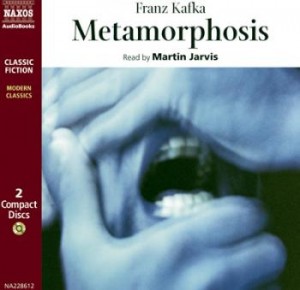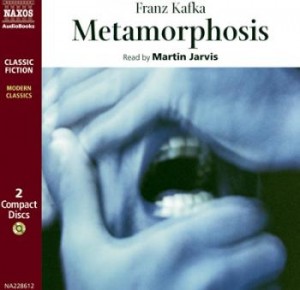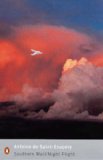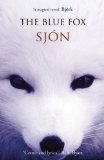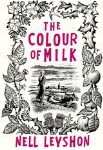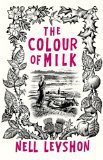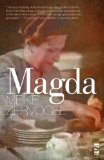
WARNING: Review contains spoilers. If you are unfamiliar with Magda Goebbels’ story and are sensitive to spoilers I recommend that you read the book, not the review!
Five words from the blurb: Goebbells. Hitler, relationship, mother, foreboding
A few years ago I read The History of History by Ida Hattemer-Higgins, a fantastic, albeit slightly weird, book set in Berlin. It introduced me to the story of Magda Goebbels and numerous other families who committed suicide during WWII. Since then I’ve been intrigued by the forces that drive people to kill their own children; so when I was offered a review copy of Magda I jumped at the chance to read another book on the subject. The fact this one was written by Meike Ziervogel, the founder of Peirene Press, was an added bonus. She has published lots of fantastic novellas over the years and I was interested to see what kind of book she’d write herself.
Magda was an illegitimate child who had a difficult start in life. Her problems seemed to be solved when she fell in love with Josef Goebbels, but his place by Hitler’s side only lead to further heartache.
Humans need hope and faith in order to live. Some are born with the ability to have faith, to have hope. They are the blessed ones, like the Führer, Father and Mother. Most people, however, are born without hope and faith, but they can learn it from a Führer. And then there are people like me. We have to struggle, to fight for our faith and hope. We have to be continuously aware of the enemy inside us. We are never allowed to let go.
The book gives a brief glimpse into Magda Goebbels’ early life, but as the second world war draws to a close, and the family move into Hitler’s bunker, the point-of-view switches to that of her eldest daughter, Helga. I was initially disappointed to see the focus taken away from Magda, but as the book reached its conclusion I realised what a clever structure this was.
The plot was simple and, despite knowing how the story ends, it was still a heart wrenching shock to read the final chapter. The book shares many similarities with Beside the Sea by Veronique Olmi*, one of my favourite books. They both have the same sense of foreboding that permeates every page and a simple clarity that allows the characters and their emotions to shine.
The book left me with many questions about Magda’s decisions, but filling in the gaps gave the story an enduring quality and left me wanting to know even more about the women in Hitler’s bunker.
This is a brief, but powerful book. I highly recommend it.

.
*published by Meike’s Peirene Press

